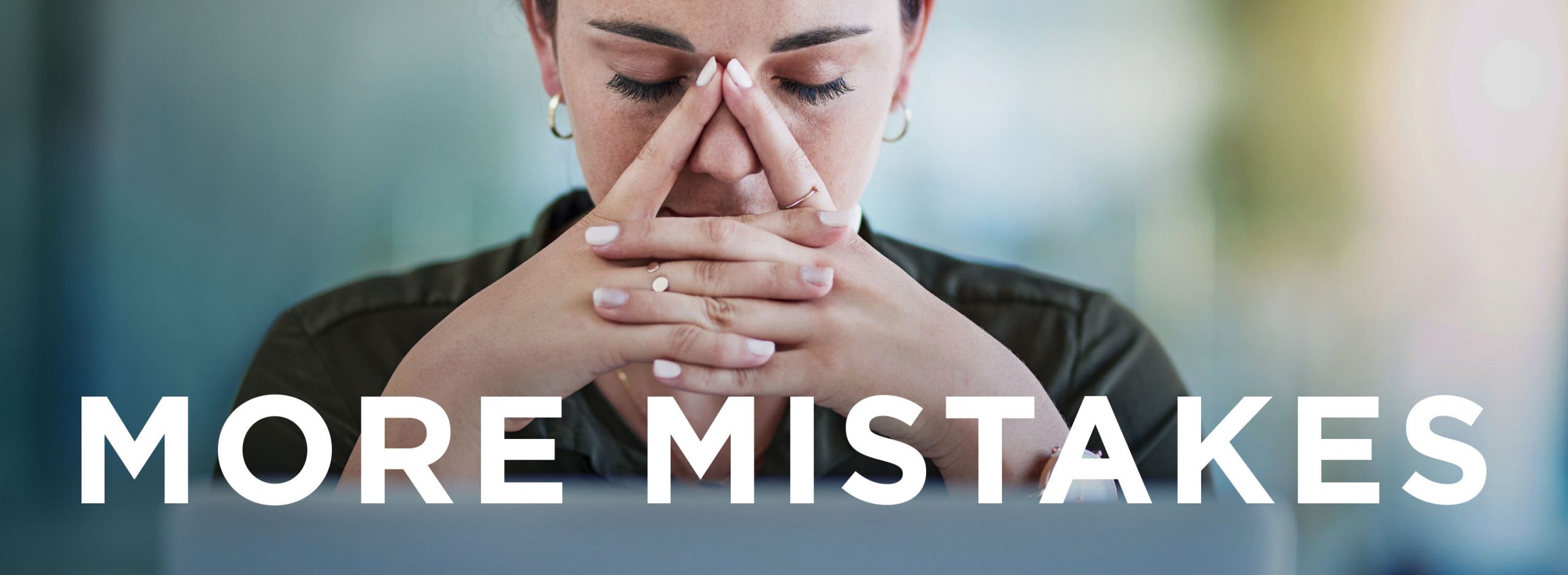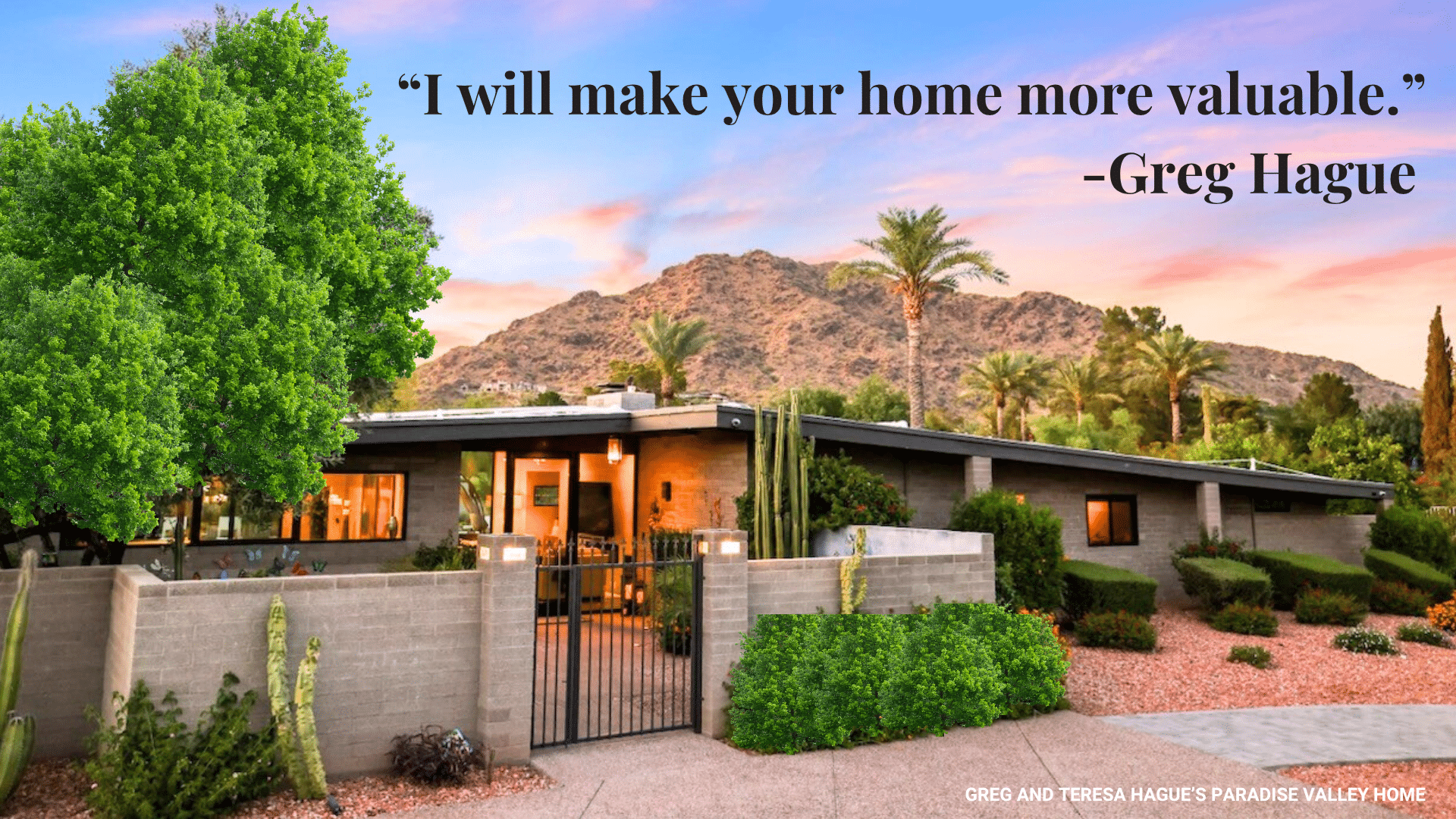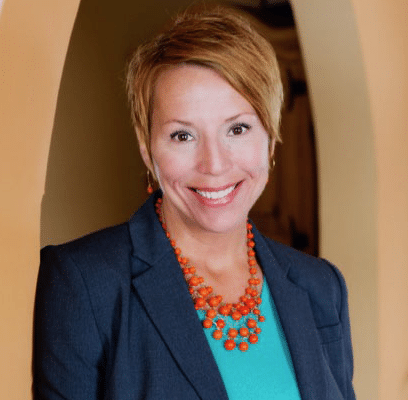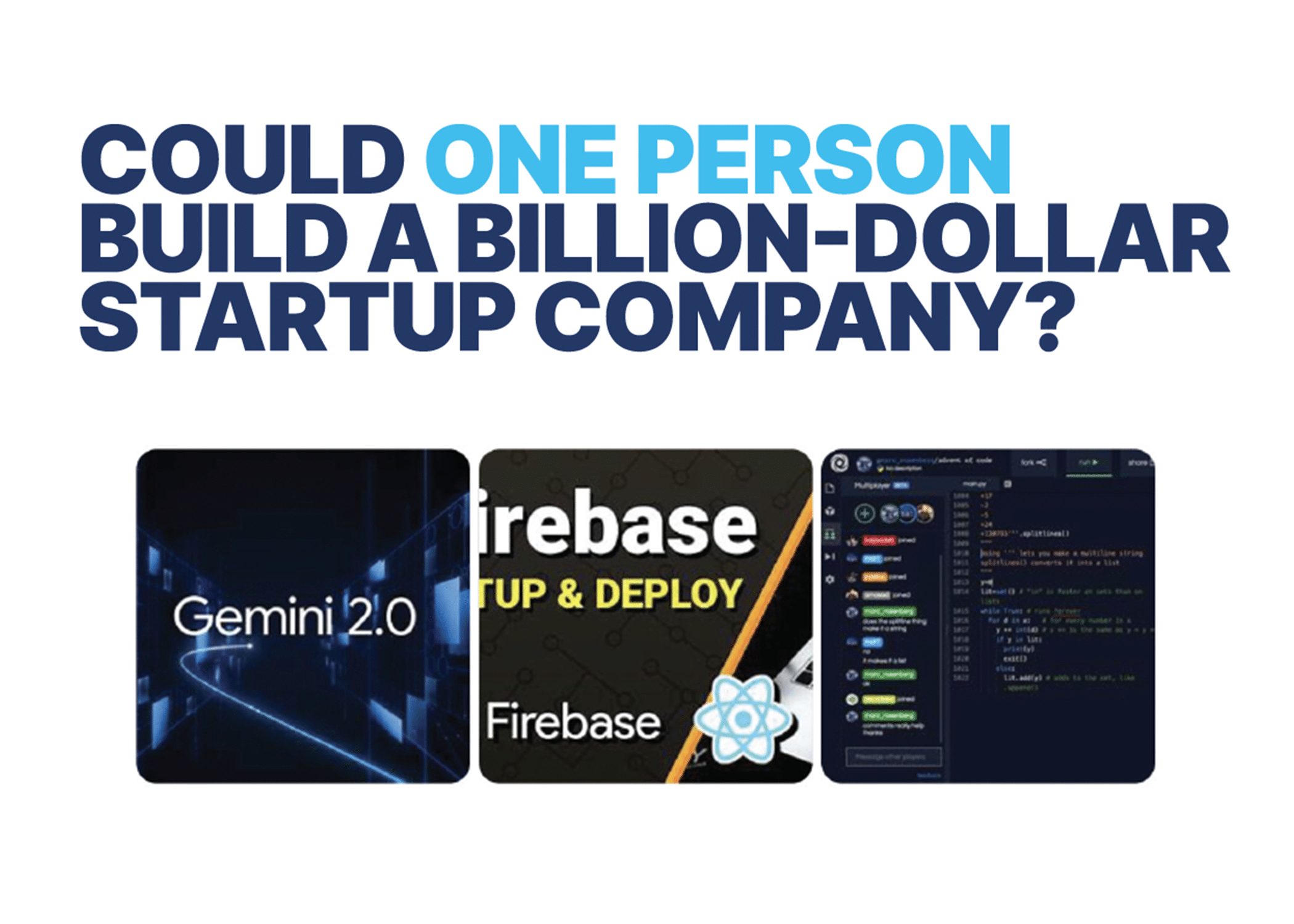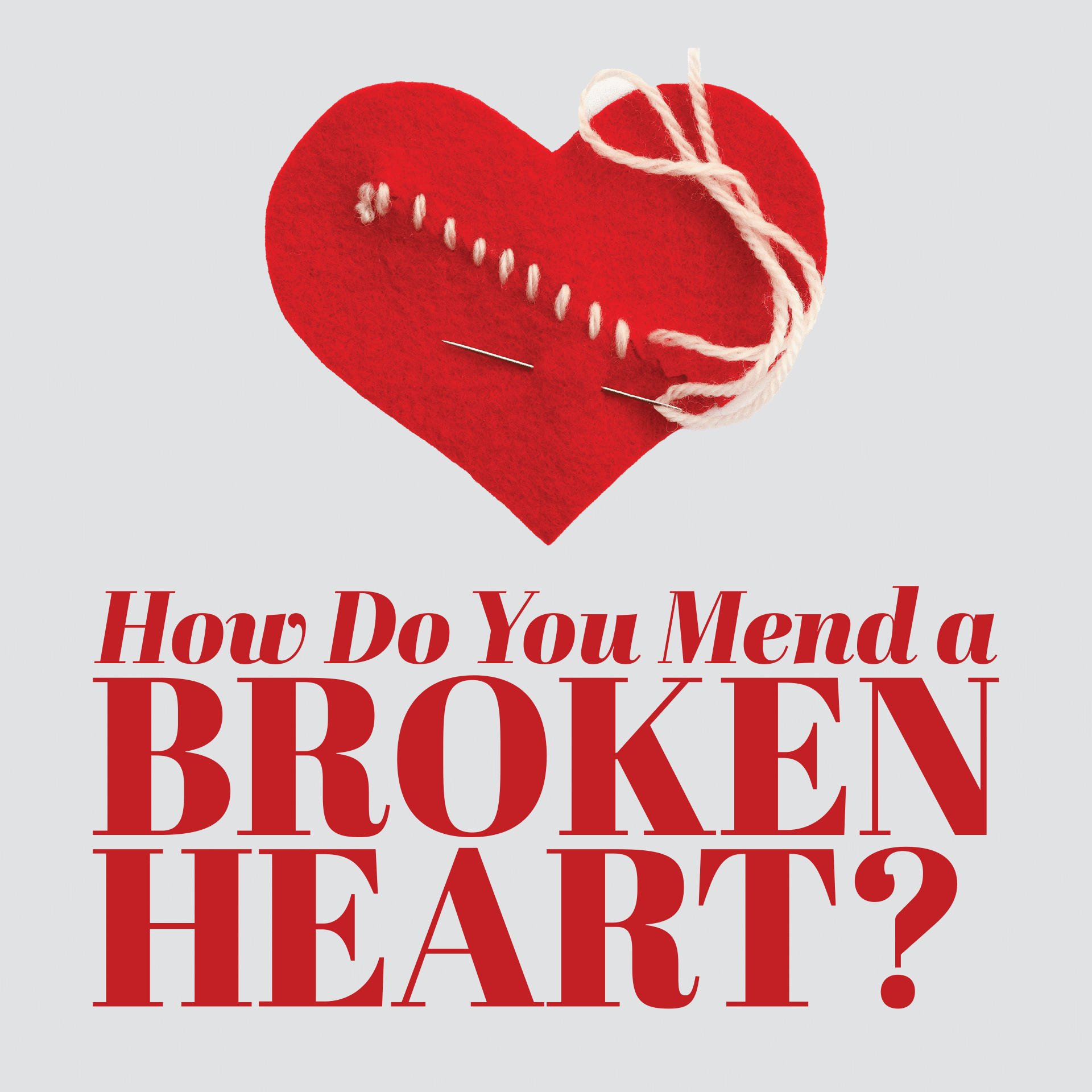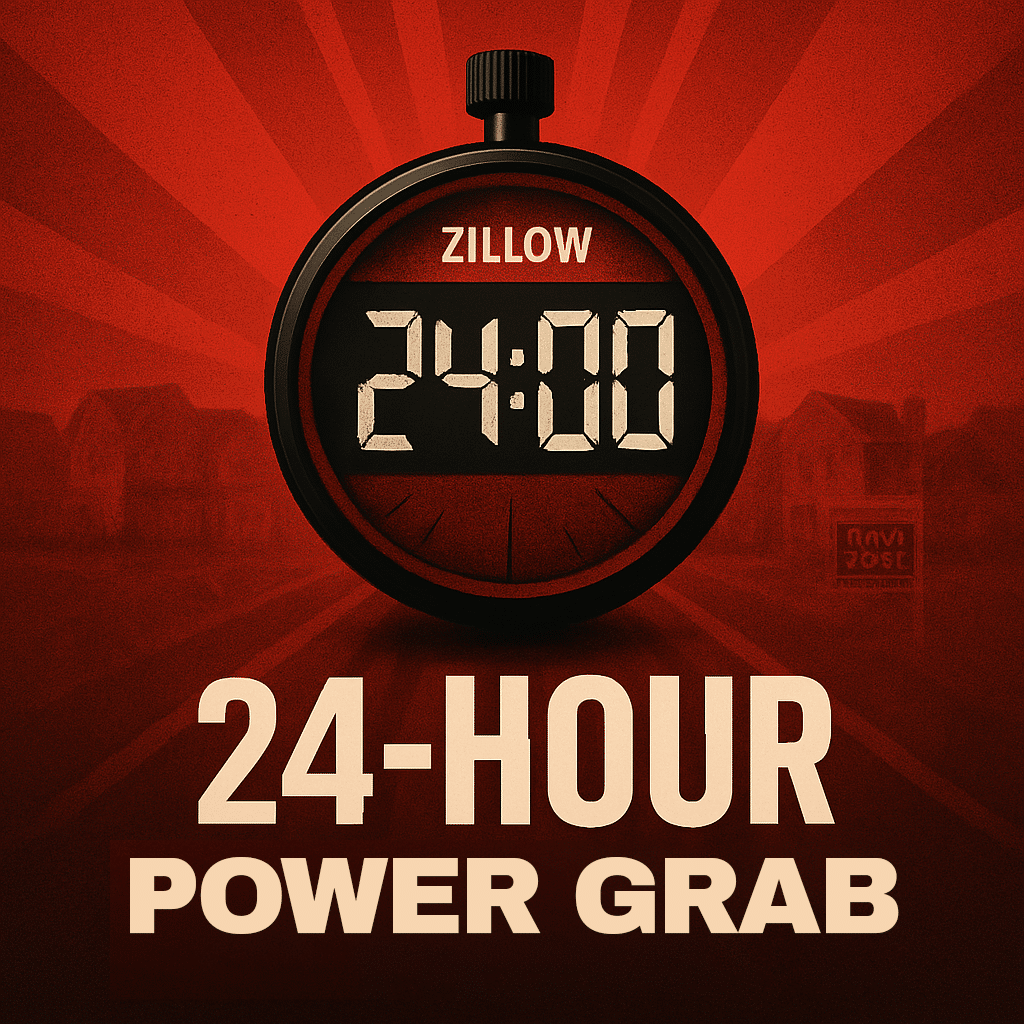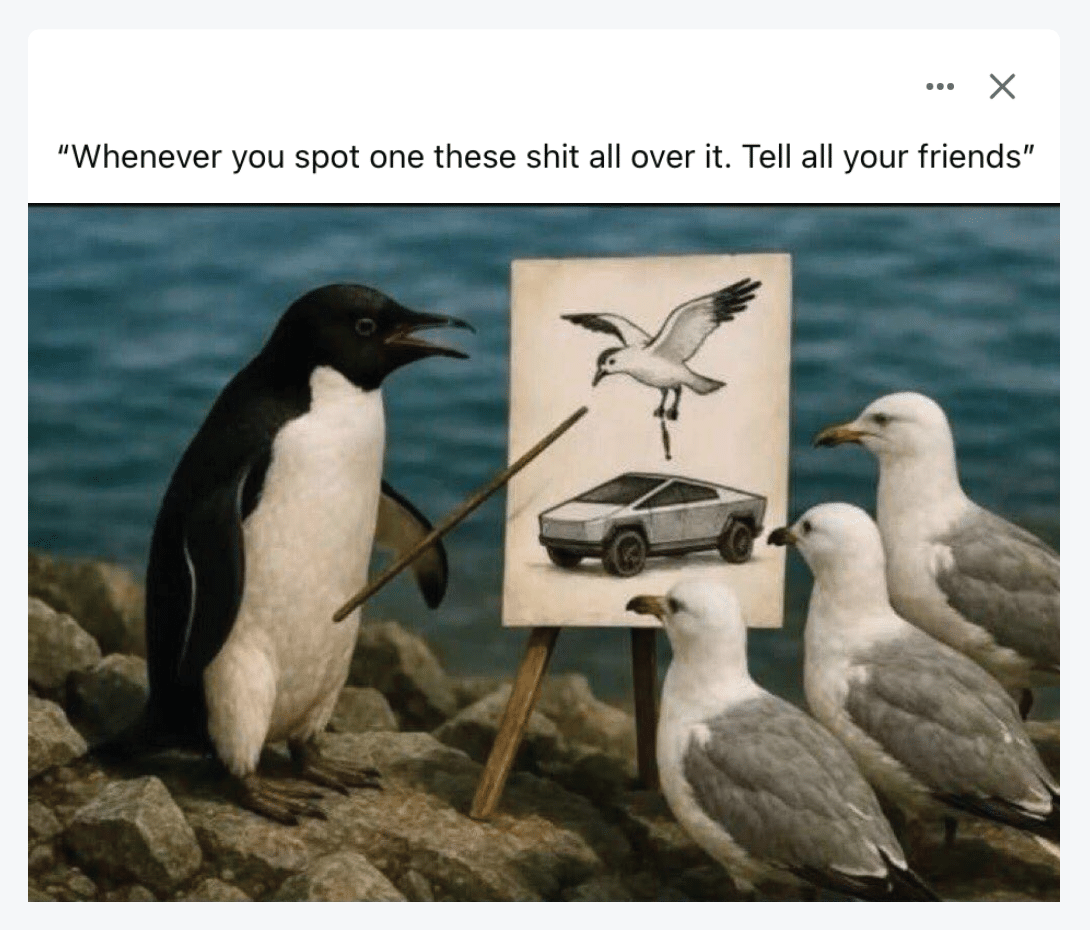Two weeks ago I wrote about 6 ways to make better decisions and fewer mistakes.
This is Part II, with a few more proven techniques to avoid making mistakes you look back on and say to yourself, “Why did I do that?”
If you didn’t see my first blog, you can read it at EscapeMistakes.com.
Some of these mistake avoidance strategies are intuitive, things you may already know… but sometimes fail to do. That’s why it never hurts to be reminded.
PRESSURE
Pressure is a tactic used by people when they want you to act quickly.
People (particularly sales people) look for reasons why you should act swiftly. This increases the probability that you will make an error. So when making decisions that really matter, prepare yourself with a reason why you can’t decide at the moment. State in advance that you won’t make a decision today. You can always change your mind, but it will likely be a better decision if it’s not a hurried decision.
TAKEAWAY: Make decisions through calm analysis not pressured paralysis.
TIME
Know when time is on your side and when it’s not.
Moving slowly often favors buyers because products typically decline in price and improve in quality. On the other hand, moving quickly usually favors sellers because extended time on the market diminishes the price of everything from clothes to cars to homes. The point is to be conscious of whether time is working for you or against you when making decisions.
TAKEAWAY: Consider time before you decide.
ESCAPES
Big decisions are not that big if you can change your mind at a later time.
Because circumstances change, what looks like a good decision today might become a bad decision tomorrow. That’s why you should try to work what I call “escape hatches” into your verbal and written commitments. The bigger the obligation, the more important it is to have a way to save face and walk away.
TAKEAWAY: Escape hatches promote sounder sleep at night.
DILIGENCE
The magnitude of a decision should determine your degree of diligence.
It doesn’t make sense to ask a plethora of questions when making trivial decisions. But when decisions matter, it’s better to ask too many questions than fail to ask the one question that would have avoided a costly mistake.
TAKEAWAY: Serious decisions demand significant questions.
FILTERS
Don’t let what you hope to be true influence what you perceive to be true.
It’s happened to me. It’s happened to you. We see the world through a filter of what we hope it to be. This is true with the businesses we patronize and the people we befriend. I learned long ago that when people show you who they are, believe them. And when businesses don’t perform today, they likely won’t tomorrow.
TAKEAWAY: Evaluate decisions (and people) like accountants evaluate numbers… it’s likely to be tomorrow what it is today.
OPTIMISM
If it doesn’t look good, it probably won’t get better.
Decisions are like dates. The cute guy with the winning smile may turn out to be a boastful bore when you meet for coffee. It’s best to unwind dates (and decisions) quickly if it’s apparent that you made a mistake. It’s nice to have hope, just don’t be a dope.
TAKEAWAY: Don’t let optimism mask realism.
My best advice on mistakes? It’s best said by Eleanor Roosevelt:
“Learn from the mistakes of others. You can’t live long enough to make them all yourself.”

